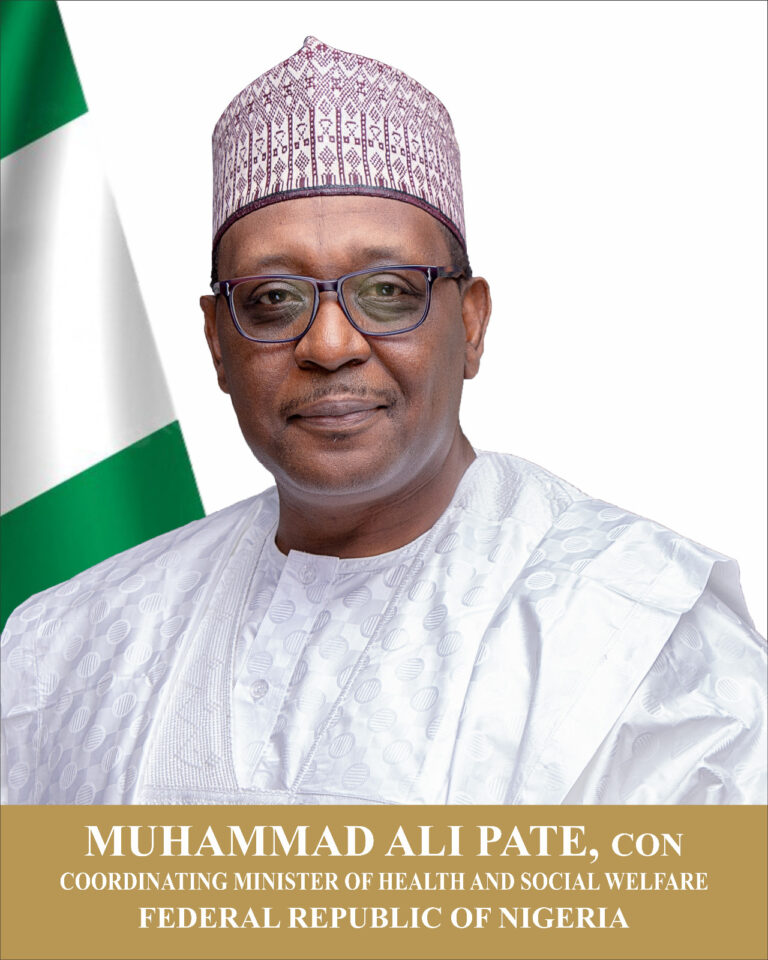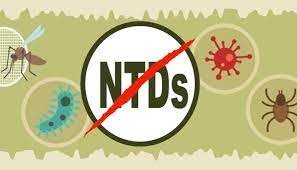30m Nigerians treated for NTDs – FG
By Justina Auta
The Federal Government has announced major progress in the fight against Neglected Tropical Diseases (NTDs), with approximately 30 million Nigerians receiving ivermectin treatment for Onchocerciasis (River Blindness) and Lymphatic Filariasis.
Dr Godwin Ntadom, Director of Public Health at the Federal Ministry of Health and Social Welfare (FMoHSW), disclosed this at the NTD stakeholders’ meeting held on Wednesday in Abuja.
“Through our collective efforts, Nigeria continues to record steady progress in the fight against Onchocerciasis and Lymphatic Filariasis,” Ntadom stated.
He noted that transmission of Lymphatic Filariasis had been interrupted in 379 Local Government Areas (LGAs), while the Onchocerciasis Elimination Programme had halted disease transmission in nine states and completely eliminated the disease in two.
“About 30 million Nigerians have been weaned off treatment with ivermectin, leading to significant savings and relief for at-risk populations,” he added.
Ntadom, represented by Dr Nse Akpan, Director of Port Health Services, emphasised that with increased efforts, strategic funding, and strong stakeholder collaboration, Nigeria was on track to eliminate Lymphatic Filariasis as a public health problem.
Mr Fatai Oyediran, Director and National Coordinator of the NTD Division at FMoHSW, acknowledged the support of partners such as the Gates Foundation and Sightsavers.
He reiterated that Nigeria’s NTD burden was largely driven by Onchocerciasis and Lymphatic Filariasis.
“To date, we have eliminated Onchocerciasis in two states and interrupted transmission in nine others.
“Additionally, nine more states are in advanced stages of implementation and may interrupt transmission before the end of 2025,” Oyediran said.
He identified challenges including drug supply chain issues, lack of diagnostics, funding constraints, and insecurity, while stressing the importance of transparency, accountability, and responsible programme implementation.
“There is a need for greater integration and national ownership of the NTD programme,” he added.
Oyediran also revealed that the programme, initially set to conclude in Feb. 2025, had been extended to Sept. 2025 to allow for thorough impact assessment.
“By then, around 32 million people are expected to no longer require treatment under the project.”
Mrs Anita Gwom, Programme Director at Sightsavers Nigeria, highlighted the organisation’s more than 20 years of support to endemic communities through medication and preventive care.
“We are now focusing on conducting impact assessments and surveys. These are critical to determining whether Nigeria can declare these diseases eliminated. We cannot continue indefinite treatment without proper data,” she said.
Gwom called for increased funding, public awareness, and stronger support from state governments and local philanthropists, noting that foreign aid was becoming less reliable.
“We urge the Nigerian government and philanthropic community to step up support towards achieving NTD elimination,” she added.
Prof. Oladele Okogun, a Europe-based public health parasitologist, expressed optimism: “Though much work remains and challenges persist, the dedication of communities and partners gives us hope.
“The day will come when no one will need these medicines anymore.”(NAN)
Edited by Esenvosa Izah/Abiemwense Moru





